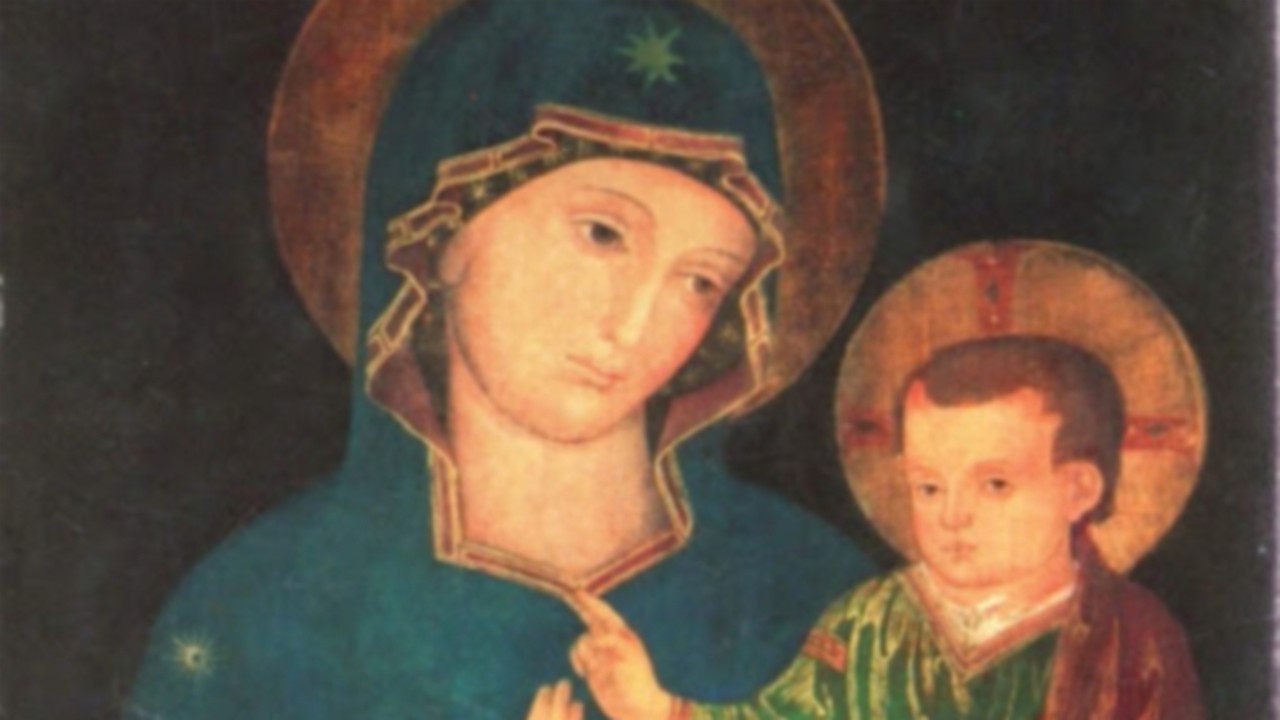· Vatican City ·
There is a faith that cannot be learned from books and does not speak the language of theologians. It is the faith of folded hands, of processions, of rosaries prayed before a wayside shrine. It is popular piety, an ancient and ever-new way of seeking God. We must understand it, not oppose it.
Take Turin as an example, the Sanctuary of the Consolata, with Paleochristian origins and completed in its current form by Filippo Juvarra in 1740. It has always been a place of deep popular devotion to the Mother of God, “Consoler” and “Consolata”, the one who experienced God’s consolation in herself and shares it with those who invoke her. Cardinal Roberto Repole said: “The people of Turin, even those who feel distant from the faith practiced in churches, see the Consolata as an important reference. In this time of rethinking, with religious practice weakening and parishes changing their face, I strongly hope that the specific vocation of the Sanctuary remains that of welcoming and embracing everyone, even those with more questions than answers – so that they may find their place. Here the Virgin awaits us”.
Some say that popular piety can become mere habit, a religion of need rather than encounter. It can slip into superstition, into the spectacle of the sacred. And yet it persists, speaking to people’s hearts. It is a living language, capable of uniting those who believe and those who simply hope. It does not explain faith – it lives it. The lit candle, the statue carried on shoulders, the whispered prayer for a child or a sorrow hold a fundamental insight: the human need to entrust oneself.
Think of ex-votos: at the Consolata, as in other holy places, they are numerous, imaginative, often precious – always an iconography of gratitude, a material acknowledgment of a gift received. And relics – too vast a topic to explore here – yet it is worth recalling at least one fundamental relic for Christianity, kept in Turin’s cathedral: the Holy Shroud. Scholars study, historians contextualize, critics critique: is it real? Is it fake? Medieval? That is not the point.
The point is that in a world struggling to kneel, popular piety still dares to do so. It is the faith that does not claim to explain, but continues to ask; that does not argue, but sings; that does not forget that even fragility can be a form of prayer.
by Alessandra Comazzi
Journalist, television critic
L’Osservatore Romano
00120 Vatican City.
All rights reserved
